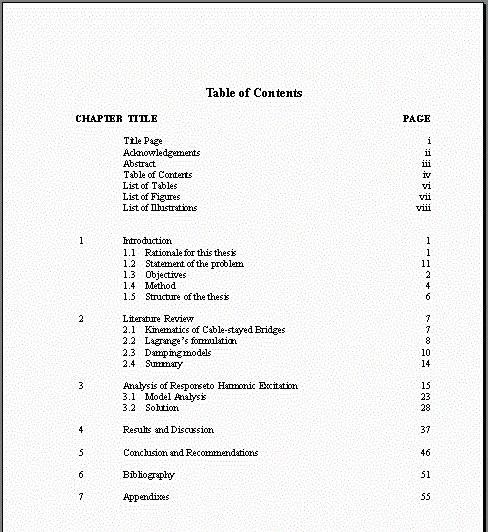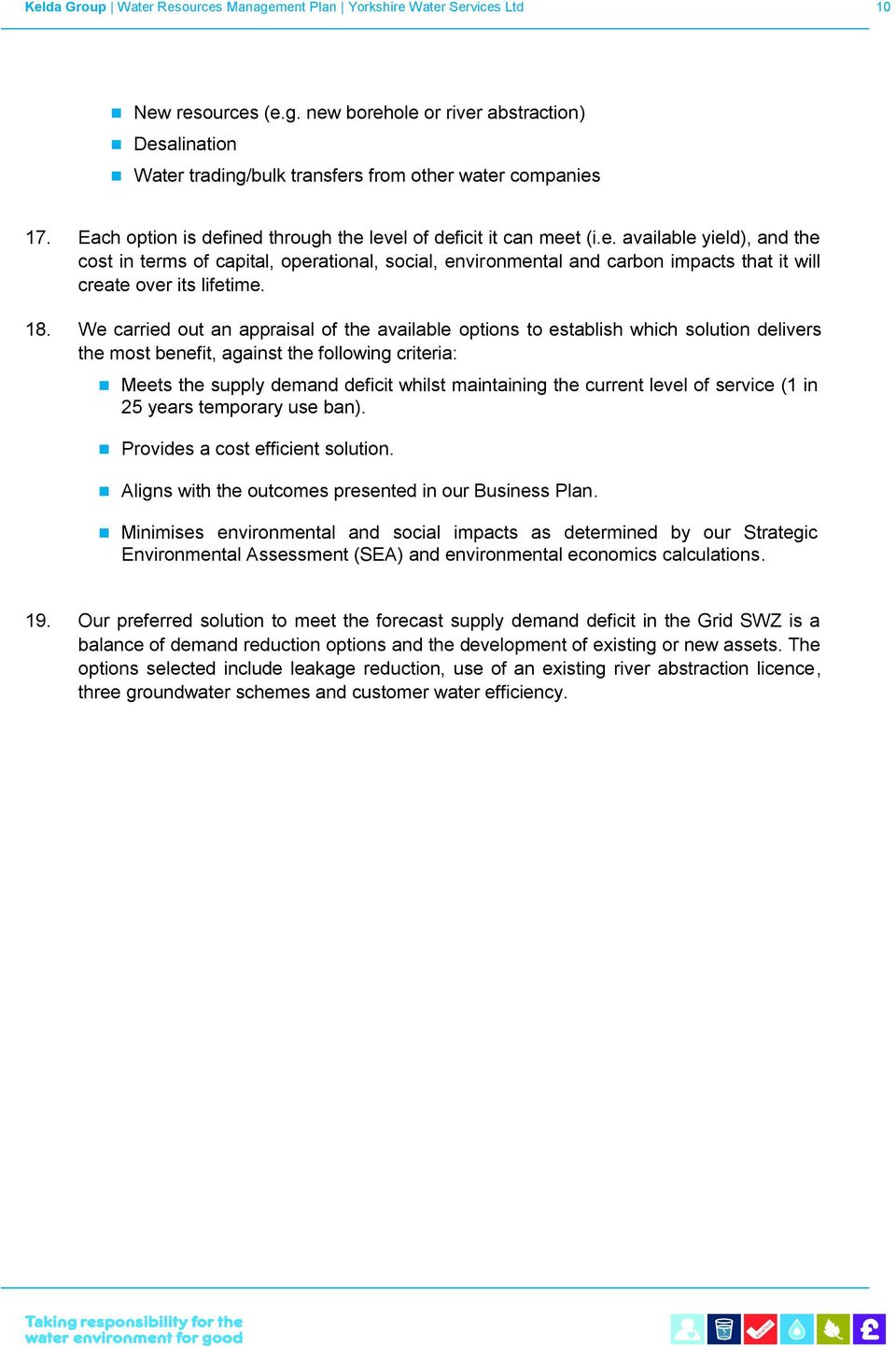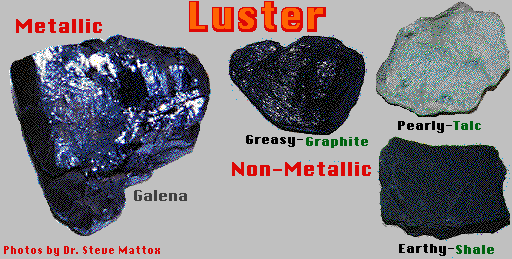Lenneberg 1967 critical period hypothesis language: Criticism.
The Critical Period Hypothesis of Lenneberg (1967) comprises two related ideas, The first idea is that certain biological events related to language development can only happen in an early critical period. In particular, hemispheric specialization takes place during the critical period, and during this time children possesses a degree of flexibility that is lost when the critical period is.
The Critical Period Hypothesis for language acquisition was popularised by Eric Lenneberg (1967) upon the foundations laid by neurologist Wilder Penfield and colleague and Lamar Roberts (1959). It is the subject of a linguistic debate over the extent to which language acquisition is biologically linked to age. As defined by Reber and Reber (2001), the critical period is, 'a period of time.

Lenneberg formed the Critical Period Hypothesis theory which contends that language is innate but has to be attained before the age of puberty or else the ability to learn language ebbs (as a result of the lateralization of the brain). 1 At present, the Critical Period Hypothesis theory is widely accepted by numerous linguists. Evidence has been presented that there is a limited time when the.

One prominent proponent of the Critical Period Hypothesis (CPH) was Eric Lenneberg (1967), who based his hypothesis on neurological development. He explained that there is a maturation process called cerebral lateralization, during which the brain loses its plasticity as it gradually matures.

The Critical Period Hypothesis for language was popularised by Eric Lenneberg (1967) upon the foundations laid by neurologist Wilder Penfield and colleague and Lamar Roberts (1959). It is the subject of a linguistic debate over the extent to which language acquisition is biologically linked to age. As defined by Reber and Reber (2001), the critical period is, 'a period of time during which an.

In 1967, Eric Lenneberg further studied the Critical Period Hypothesis in his book,. Lenneberg is considered to be the father of Critical Period Hypothesis and the one who made this theory a popular topic. He supported Penfield and Roberts belief of children having a certain amount of time to acquire language and after this time the acquistion of the first language will be nearly impossible.

Critical Period Hypothesis Essay Sample. Lenneberg formed the Critical Period Hypothesis theory which contends that language is innate but has to be attained before the age of puberty or else the ability to learn language ebbs (as a result of the lateralization of the brain). 1 At present, the Critical Period Hypothesis theory is widely accepted by numerous linguists.

Lenneberg formed the critical period Hypothesis theory which contends that language is innate but has to be attained before the age of puberty or else the ability to learn language ebbs (as a result of the lateralization of the brain). 1 At present, the Critical Period Hypothesis theory is widely accepted by numerous linguists. Evidence has been presented that there is a limited time when the.

The critical period hypothesis (CPH) is most closely attributed to and influenced by Lenneberg. Prior to Lenneberg, Canadian neurosurgeon Penfield (1963) first proposed the benefits of learning a language at an earlier stage of life. One of the stated benefits was the significant plasticity of a child’s brain development pre-puberty (Scovel, 2000). Scovel posited that Penfield’s impact on.

Lenneberg 1967 critical period hypothesis essay Four pillars of nhs essay about character causes of first world war essay paimion lukio rhetorical essay chat mimichat essaye voir dire berkeley vs cornell engineering essay durham report essay for college.
Lenneberg (1967) hypothesized that language could be acquired only within a critical period, extending from early infancy until puberty. In its basic form, the critical period hypothesis need only have consequences for first language acquisition. Nevertheless, it is essential to our understanding of the nature of the hypothesized critical period to determine whether or not it extends as well.

Eric Lenneberg, linguist and neurologist, came up with a theory for second language acquisition called the Critical Period Hypothesis (CPH). Setting the stage for a long standing, and ongoing debate in linguistics and language acquisition, the CPH suggests that if second language learning does not occur during the period critical for language.

For instance, researchers such as Lenneberg (1967) focus on the neurological development, or what happens in the brain as we grow older, from the perspective of how one brain hemisphere is used more than the other, adaptation into the active hemisphere, and cell development within the brain, correspondingly. Other researchers study the intuitive feeling and belief phenomena from the.



